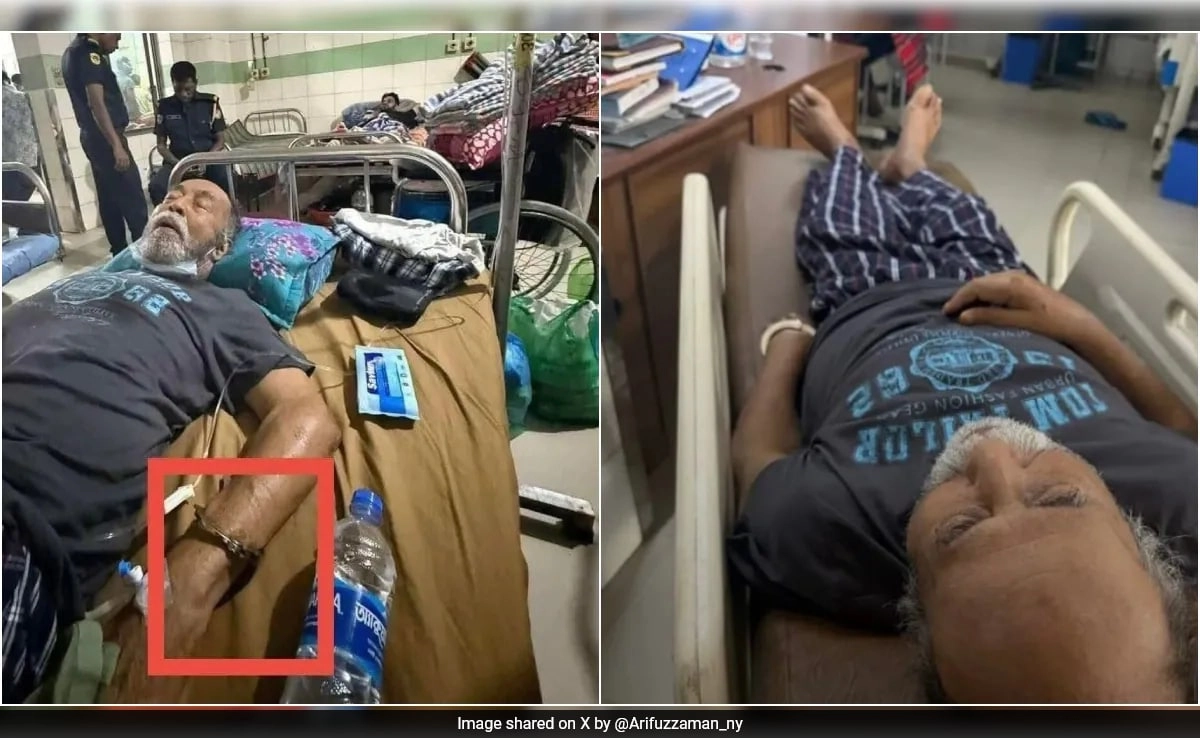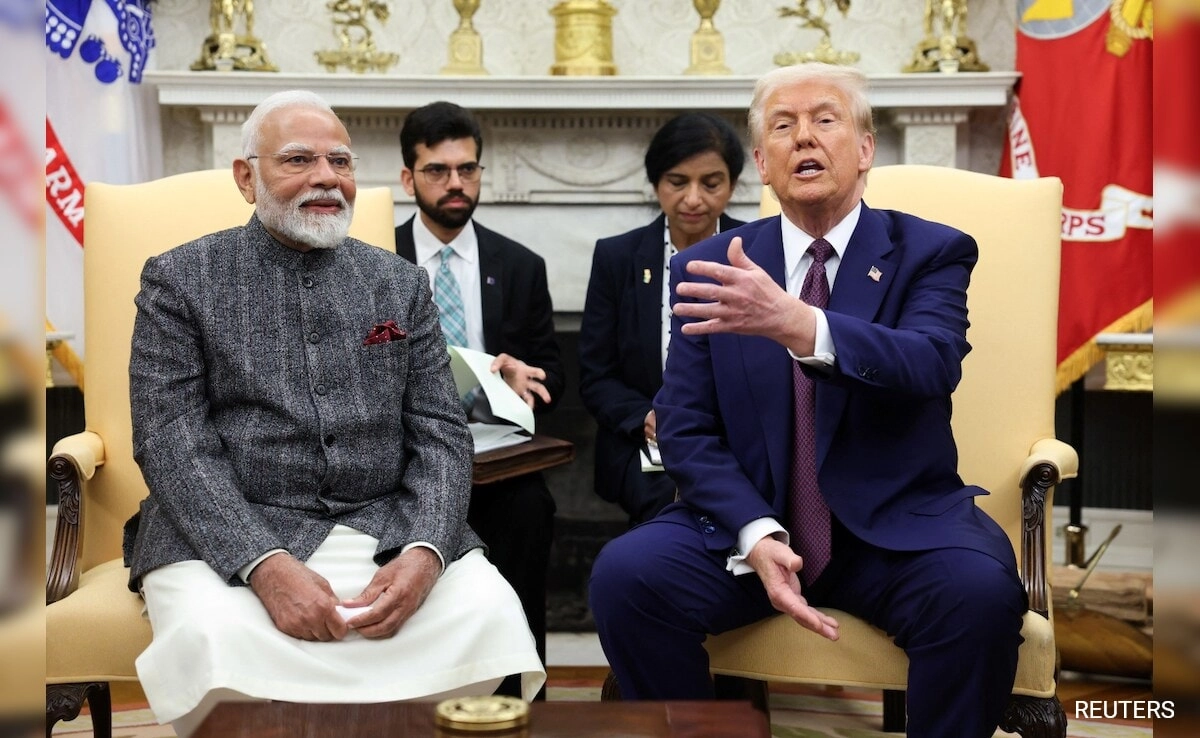The recent incident involving an aide to Bangladeshi Prime Minister Sheikh Hasina, who was seen handcuffed to a hospital bed prior to his death, has sparked widespread outrage and raised serious concerns regarding the treatment of political prisoners in the country. Reports indicate that the aide, who was undergoing medical treatment, was subjected to restrictive measures that many view as inhumane and indicative of a broader trend of political repression in Bangladesh. This has ignited a public outcry, with human rights organizations and opposition parties demanding accountability and an investigation into the circumstances surrounding his treatment and subsequent death.
Critics argue that the handcuffing of a patient, especially one in a vulnerable state, reflects a troubling disregard for human dignity and the rule of law. The incident has not only underscored the fears surrounding the treatment of political figures in custody but also highlighted the broader issues of political oppression in Bangladesh. Many citizens are calling for reforms to ensure that all individuals, regardless of their political affiliations, are treated fairly and humanely within the justice system. The outpouring of anger on social media platforms and public forums suggests that this incident has resonated deeply with the populace, reflecting a growing frustration with the government’s approach to dissent and opposition.
As the opposition and various civil society groups rally around this incident, it is clear that the implications extend beyond the individual case. The public’s response may serve as a catalyst for greater advocacy for human rights and political freedoms in Bangladesh. The incident has reignited discussions about the need for transparency and accountability in the country’s political landscape, particularly in light of the government’s historical suppression of dissent and the judiciary’s perceived complicity in political repression. The call for justice in this case may be the impetus for a larger movement demanding systemic change and respect for human rights in Bangladesh.




